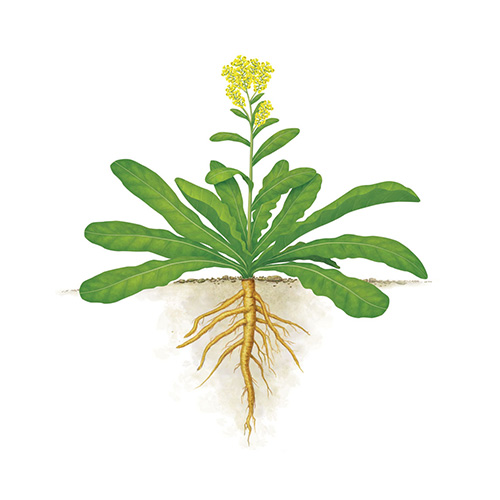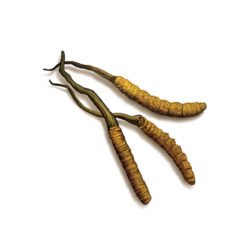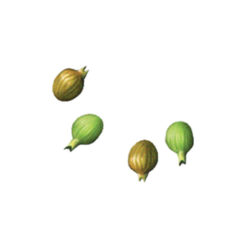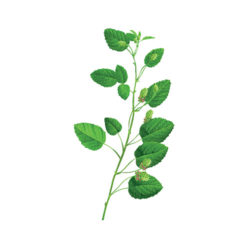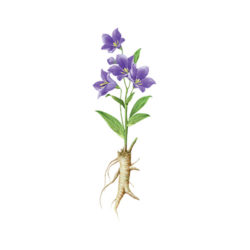Indigowoad Root (Banlangen)
Isatis tinctoria L.
History
First appeared in Shui Wen and the Divine Husbandman's Classic of the Materia Medica, classified as upper class.
Introduction
Derived from the root of Isatis tinctoria L., family Cruciferae, or Baphicacanthus cusia ( Nees) Berm, family Acanthaceae.
Modern Usage
Woad has been found to be a rich source of the cancer preventing substance glucobrassicin, containing 20 times more than broccoli.
Traditional Usage
Banlangen is made from the roots of the woad plant, which are harvested in northern China during the late autumn or early winter and dried. (Compare to Daqingye, which is made from the leaves of the same plant.) The granules are often drunk as a tea to relieve sore throats and influenza. It is bitter, cold herb that enters the heart and stomach meridians to clear heat, relieve fire toxicity, cool the blood and benefit the throat.
*The Content is not intended to be a substitute for professional medical advice, diagnosis, or treatment. Please always seek the advice of your physician or other qualified health provider with any questions you may have regarding a medical condition.
